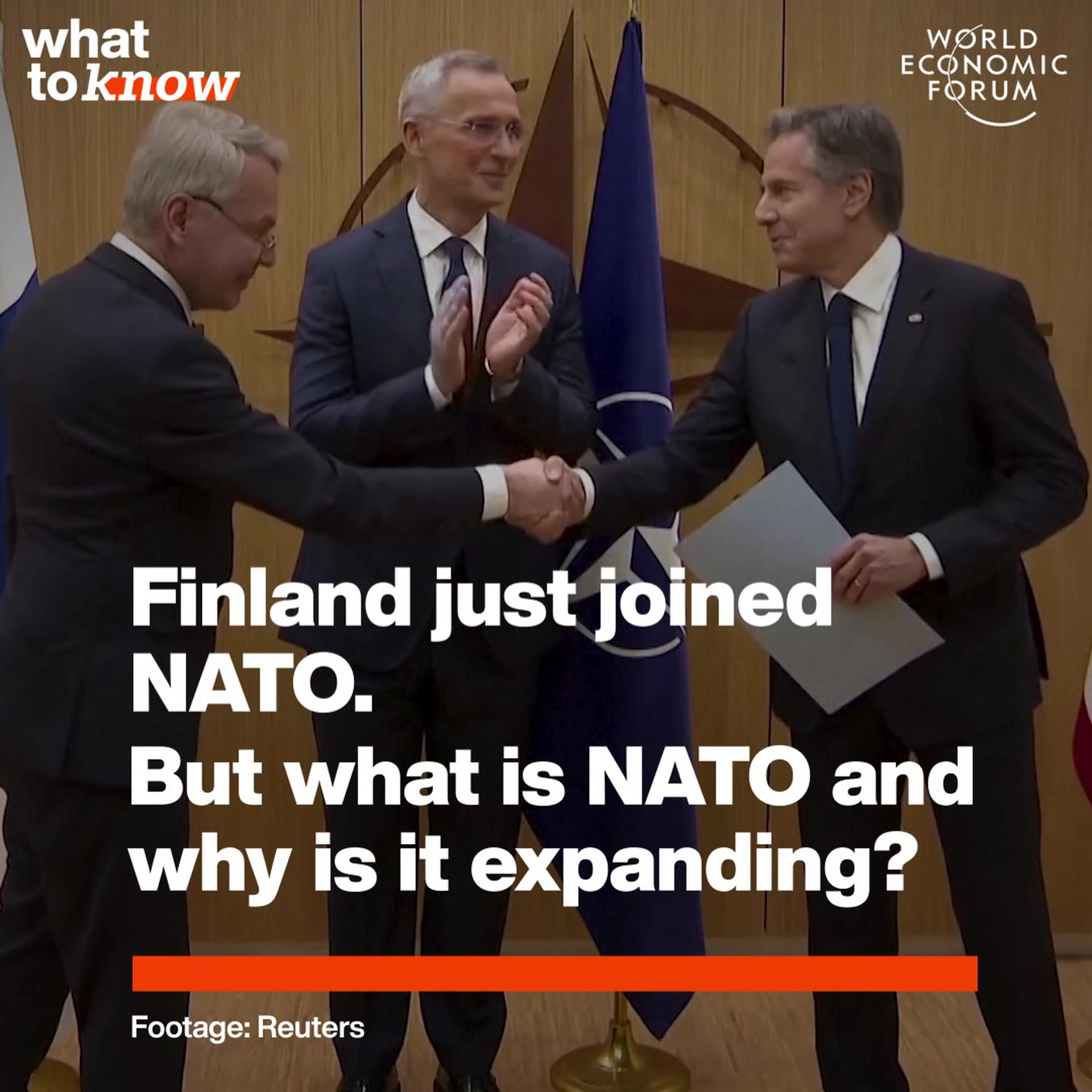African countries are particularly vulnerable to violent terrorism. How to change this

Poverty and underdevelopment can no longer be ignored if we are ever to combat violent extremism effectively. Image: REUTERS/Finbarr O'Reilly

Get involved with our crowdsourced digital platform to deliver impact at scale
Stay up to date:
International Security
Africa bears the brunt of lives lost, economies ruined, and relationships fractured by terrorism. It is the continent where al-Qaeda launched its war against the United States in 1998, by bombing the US embassies in Nairobi, Kenya, and Dar es Salaam, Tanzania; where Boko Haram kidnapped 276 Nigerian schoolgirls in 2014; and where 147 students were killed in their sleep at Kenya’s Garissa University in 2015.
While these attacks did garner the world’s attention, most people do not realize that, in the past five years alone, 33,000 people have died in terrorism-related violence in Africa. Violent extremism and groups espousing it are threatening to reverse Africa’s development gains not only in the near term, but also for decades to come.
African countries are particularly vulnerable to violent ideologues, owing to the prevalence of weak institutions and ungoverned territory where extremist groups can germinate. Add to this the mismanagement of ethnic and religious diversity, stir in a large and growing cohort of unemployed and digitally connected youth, and the continent offers ideal conditions for mayhem.
Emulating countries elsewhere, African governments have responded to violent extremism primarily by putting “hard” security first. But this strategy has not reduced extremist groups’ potency or limited their reach. In fact, there is evidence that an exclusively military response can be a waste of resources, or even do more harm than good. What is missing is a deeper examination of root causes, particularly underlying development challenges.

Some people claim that the connection between socioeconomic conditions and violent extremism is specious, because most poor and marginalized communities do not join terrorist groups. But this argument fails to address the relevant issue: poverty, social marginalization, and political disenfranchisement are the fertilizers extremist groups need to take root and grow. Around the world, policies and operational responses to violent extremism are largely informed by theory, rather than drawing on thorough empirical evidence of the personal motivations and structural factors that drive people to commit terrorist acts.
I recently visited Galkayo, in North Somalia, to interview captured al-Shabaab fighters as part of an ongoing United Nations Development Programme study of the roots of African extremism. What struck me was that, apart from their being imprisoned, these young men seemed entirely normal, and their individual journeys toward extremism were not particularly informed by religion.
Rather, what united the young al-Shabaab militants I spoke to was a shared experience of deprivation. They had all grown up surrounded by conflict, and none of them had ever been given a good reason to view the government as a positive force in their lives. When I asked whether they went to public school, most could not even fathom the idea of free education or health care. These children and young adults are by-products of a failed state and society; they have spent their entire lives in an environment that is ripe for terrorist recruitment and exploitation.
Just as tuberculosis infects a body already compromised by HIV, extremism thrives under the right conditions, such as those created by the conflict in Somalia, or the political fragility and social neglect in northeastern Nigeria, where many interviewees cited scarce access to both religious and secular education.
The UNDP’s primary research into extremists’ personal motivations – based on more than 350 interviews with formerly active violent extremists in prisons and transitional centers in Cameroon, Kenya, Niger, Nigeria, Somalia, and Uganda – is the most extensive project of its kind in Africa, if not globally.
Our preliminary results suggest that the ideology behind violent extremism is delivered with a flexible marketing strategy, whereby extremist groups tailor their message for potential recruits. For the unemployed or the poor, they offer paid jobs; for marginalized ethnic and religious minorities, they offer recourse through violence; and for the middle class, they offer an adventure, a sense of “purpose,” and an escape from mundanity. The ideology mutates to exploit its intended recruit’s vulnerabilities.
Our research, which will be completed in early 2017, aims to shed light on individual journeys to extremism, through the words and perspectives of people who have been involved in terrorist organizations in Africa. It will also provide communities, other researchers, and policymakers with empirical evidence on which to base their future interventions.
One thing we already know for certain is that poverty and underdevelopment can no longer be ignored if we are ever to combat violent extremism effectively. Addressing these issues, rather than just strengthening military and law-enforcement capacity, must be a high priority for any plausible strategy.
Don't miss any update on this topic
Create a free account and access your personalized content collection with our latest publications and analyses.
License and Republishing
World Economic Forum articles may be republished in accordance with the Creative Commons Attribution-NonCommercial-NoDerivatives 4.0 International Public License, and in accordance with our Terms of Use.
The views expressed in this article are those of the author alone and not the World Economic Forum.
Related topics:
The Agenda Weekly
A weekly update of the most important issues driving the global agenda
You can unsubscribe at any time using the link in our emails. For more details, review our privacy policy.
More on International SecuritySee all
Kate Whiting
April 4, 2024
Spencer Feingold and Joe Myers
January 15, 2024
Anna Bjerde and Filippo Grandi
December 15, 2023
John Letzing
December 13, 2023
Joe Myers
August 18, 2023






